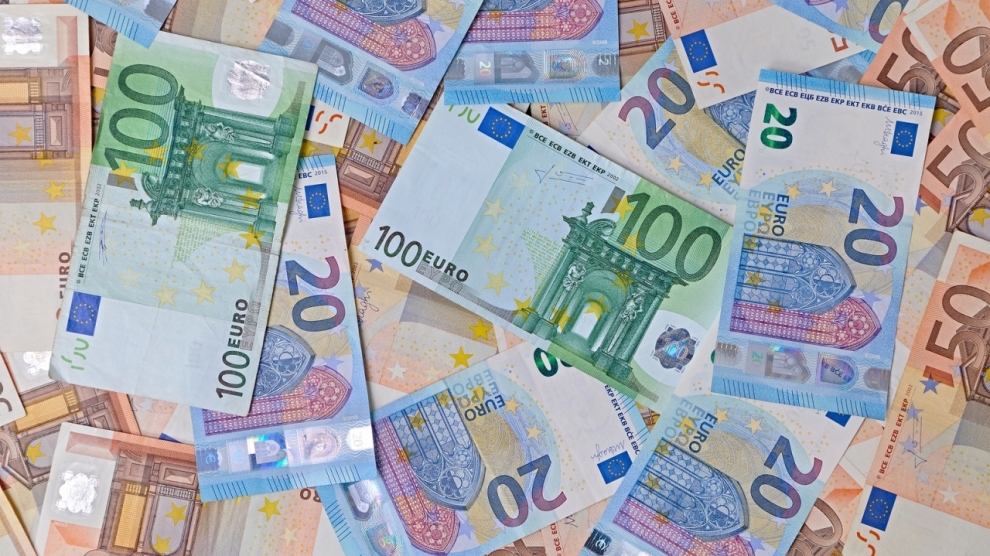Eurostat has revealed that the countries of emerging Europe had the largest surplus of personal transfers in 2017.
The figures cover all transfers in cash or in kind between resident and non-resident households, disregarding the underlying source of income, the relationship between the households or the purpose of the transfer, making it a broader term than workers’ remittances, which only covers wages.
The difference between money inflows and outflows was positive in 11 member states of the EU, of which nine are located in the emerging Europe region. Poland (2.796 billion euros), Romania (2.57 billion euros) and Bulgaria (1.13 billion euros) had the highest positive balance of personal transfers amongst emerging Europe’s EU members, while Latvia (218 million euros), Slovakia (170 million euros) and Estonia (76 million euros) had the lowest. Only Slovakia (-1 million euros) and the Czech Republic (-76 million euros) saw negative personal transfer balances, reflecting the fact that both countries have relatively small diasporas.
The highest inflows of money were recorded in Poland and Romania, to which 3.1 billion euros and 2.8 billion euros were sent in 2017. Slovakia (99 per cent) and Hungary (95 per cent) saw the highest share of intra-EU inflows among total personal transfers not only in emerging Europe, but the EU as a whole.
Overall, residents in the 28 EU member states received personal transfers worth 15.5 billion euros from other EU countries and 10.7 billion euros from outside the EU, while total outflows from the EU stood at 32.7 billion euros.

